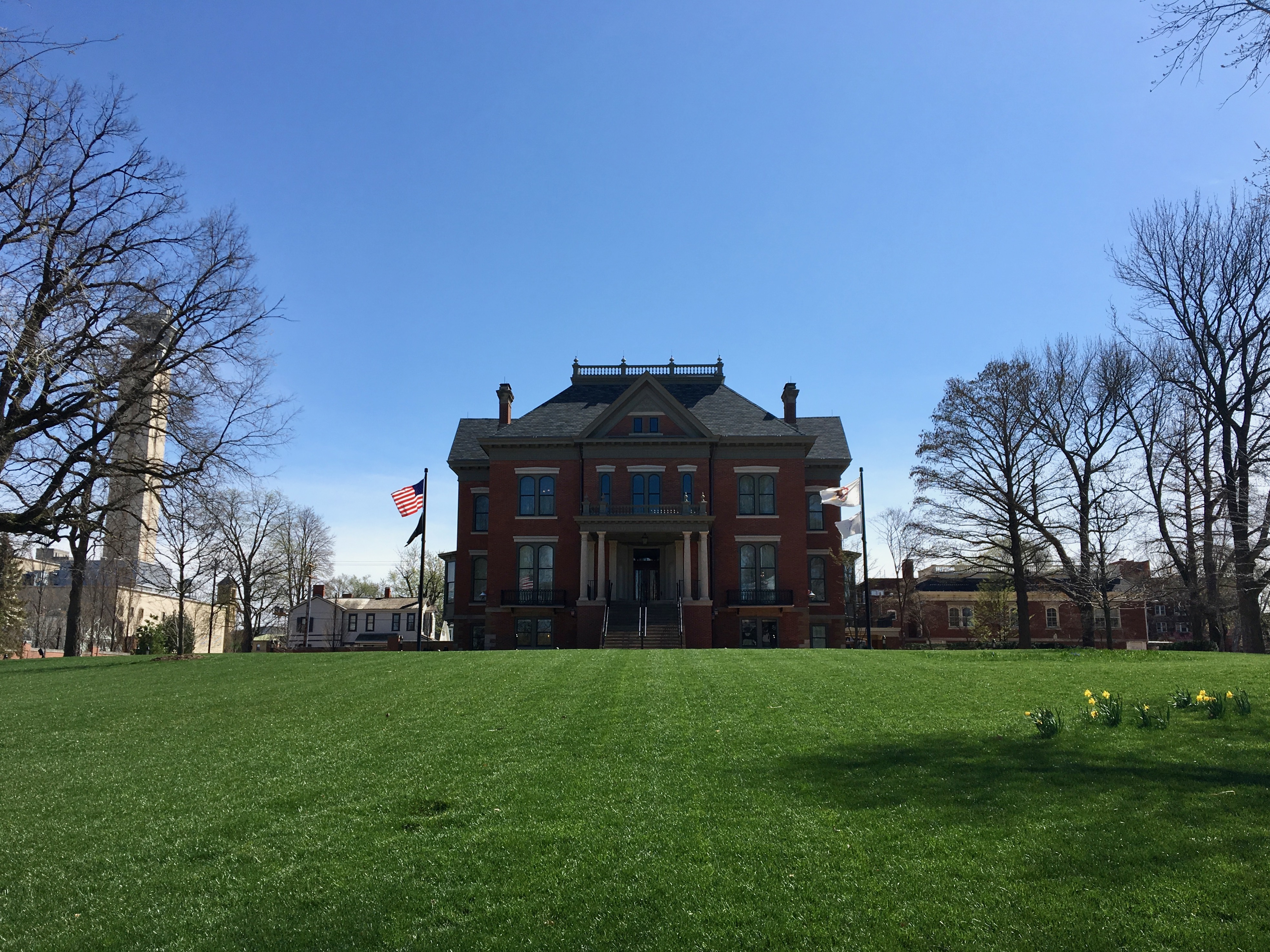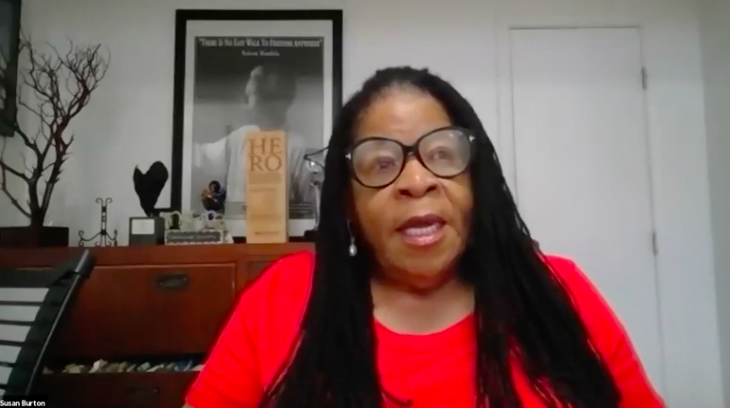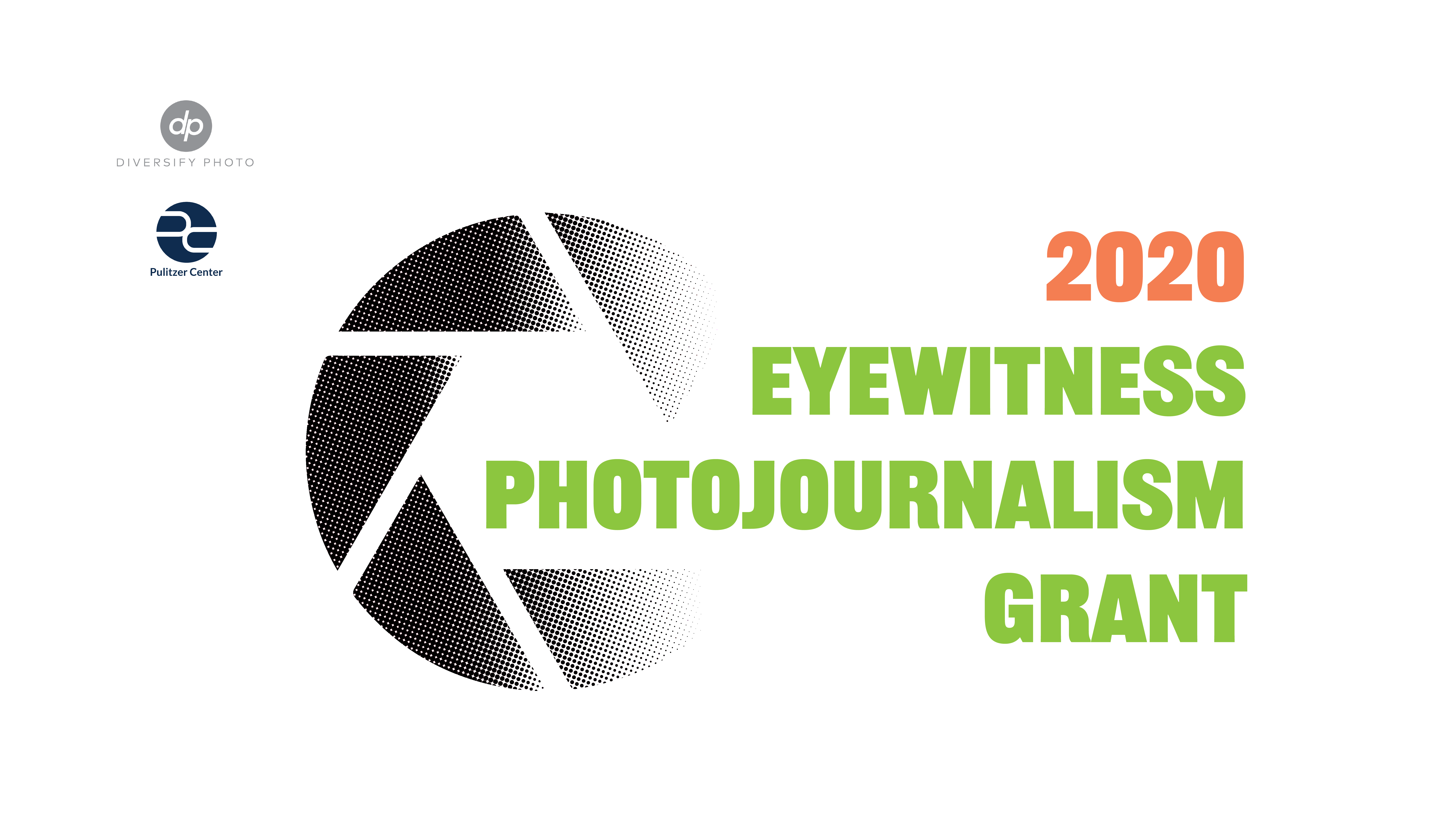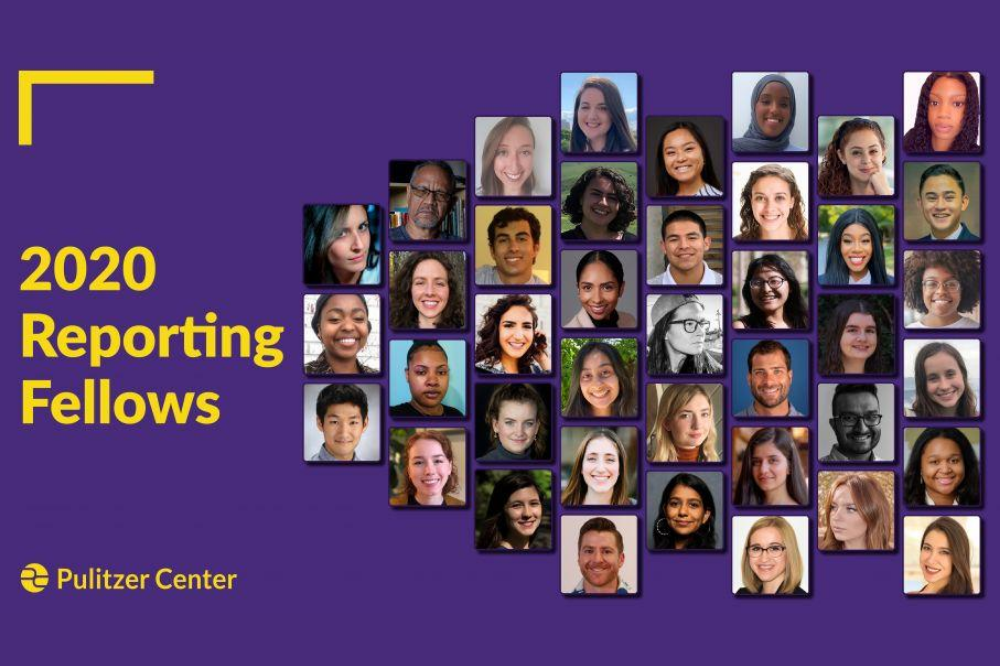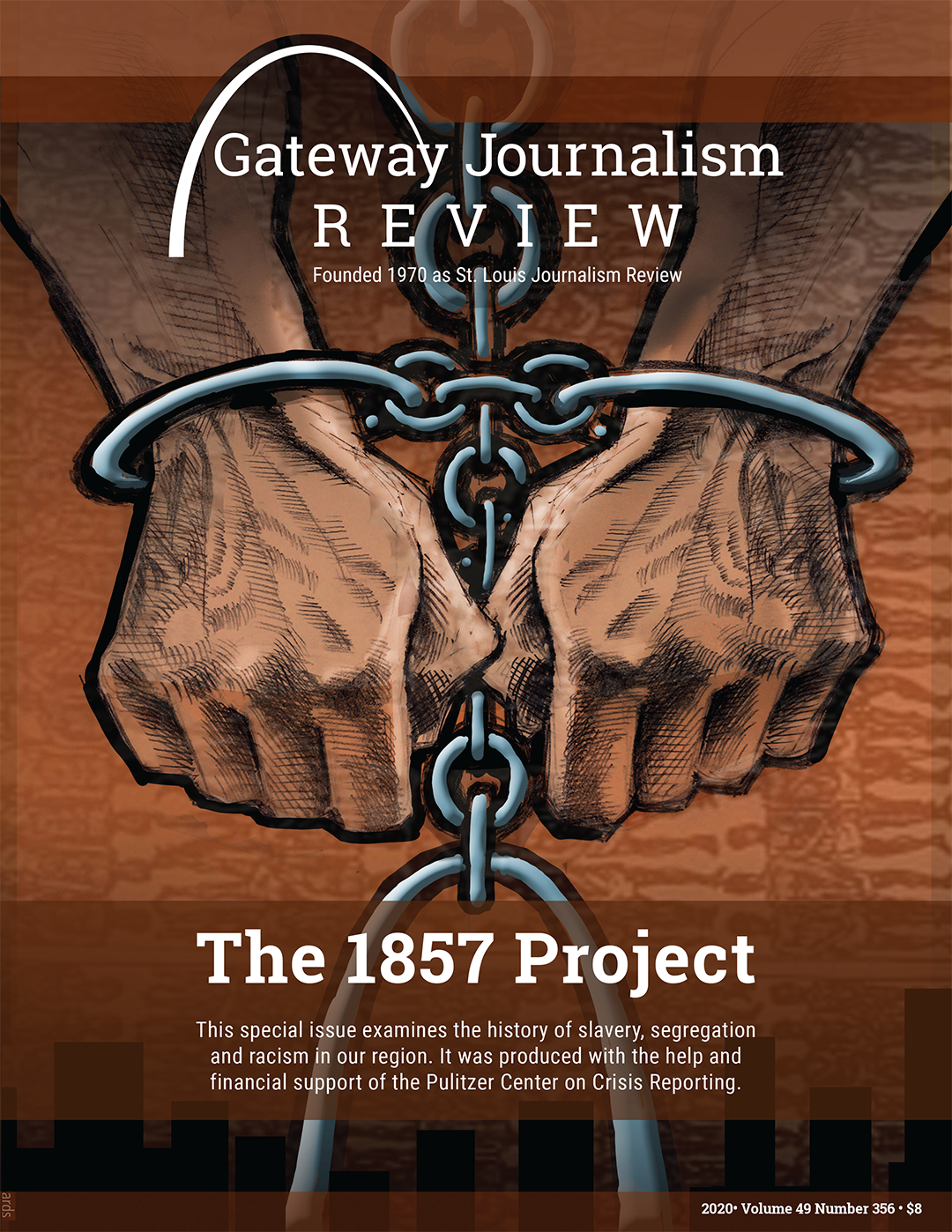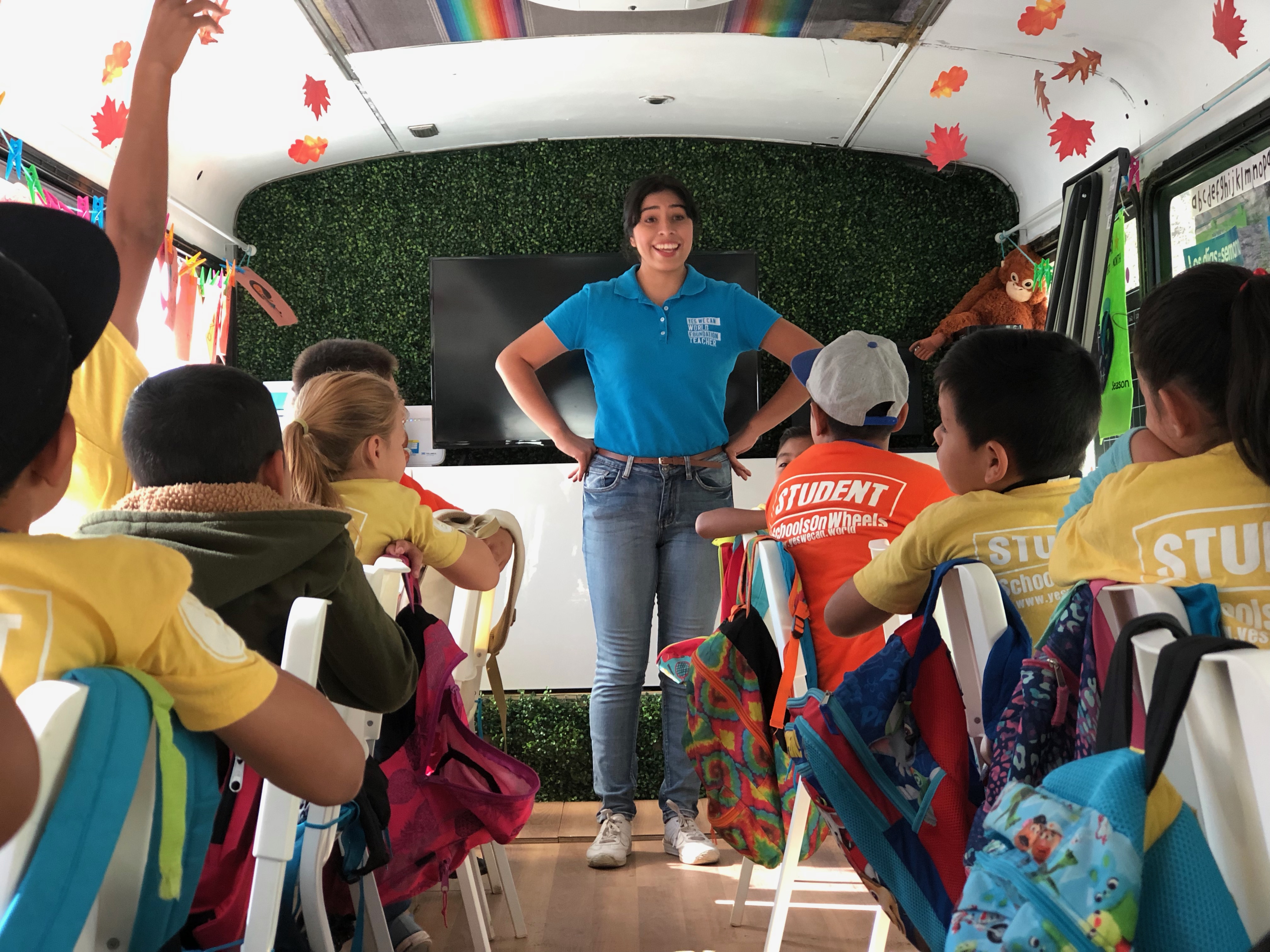Education
Access to quality education has a tremendous impact on the lives of people around the world, leading to positive outcomes in economic success and health. Pulitzer Center stories tagged with “Education” feature reporting that covers how education is used to improve standards of living, increase economic opportunity, and build a global middle class. Use the Pulitzer Center Lesson Builder to find and create lesson plans on education.
-

In partnership with local media organizations across Illinois, this project elevates the stories of...
-

Pulitzer Center Update
Overcoming Trauma and Challenges for Incarcerated Parents and Their Children
In conversation with TIME for Kids Executive Editor Jaime Joyce, author Susan Burton and her...
June 22, 2020 -

Pulitzer Center Update
Announcing the Eyewitness Photojournalism Grant: A Pulitzer Center and Diversify Photo Collaboration
The Eyewitness Photojournalism Grant is a series of reporting grants for freelance photojournalists...
June 19, 2020 -

Pulitzer Center Update
Announcing the 2020 Pulitzer Center Reporting Fellows
The Pulitzer Center is proud to announce the 2020 cohort of 40 Reporting Fellows. Despite the...
June 15, 2020 -

Project
The 1857 Project
The 1857 Project tells the story of race in St. Louis, Missouri, and Illinois. The 1857 Dred Scott...
-

Education Resource
Meet the Journalist: Jaime Joyce
What compels migrants to leave Central America? What challenges do they face at the U.S.-Mexico...
